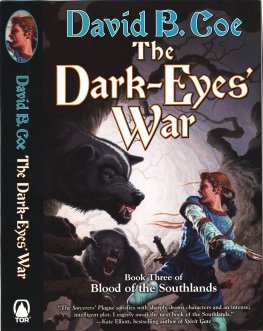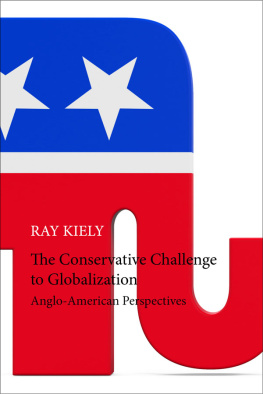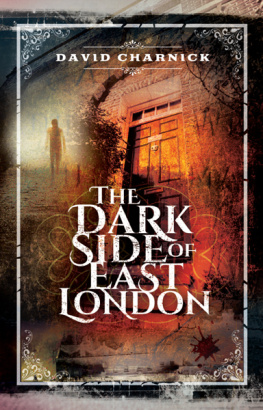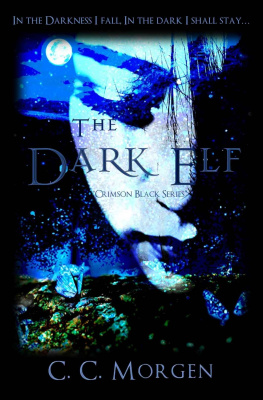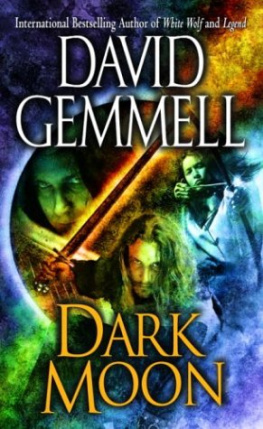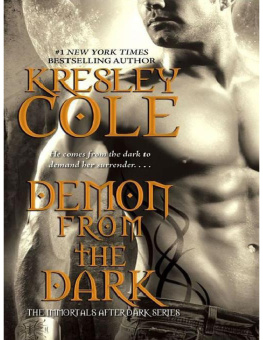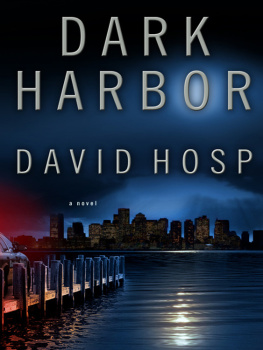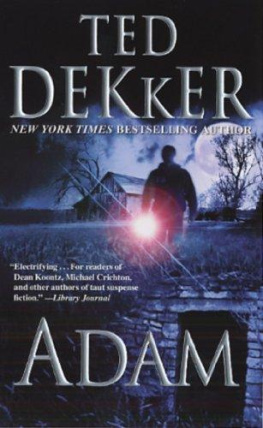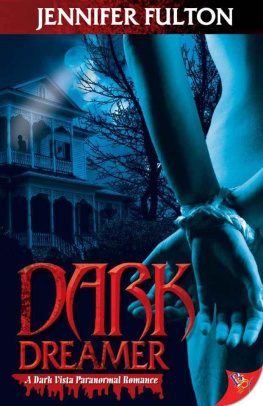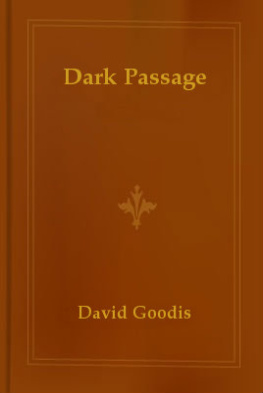THE
DARK SACRAMENT
T RUE S TORIES OF M ODERN -D AY
D EMON P OSSESSION AND E XORCISM
David M. Kiely and
Christina McKenna

Darkness cannot put out the light.
It can only make God brighter.
ANONYMOUS
Image 1

St. Michael the Archangel Slaying a Demon, from the Hours of Joanna of Castille, c. 14751500.
CONTENTS
PART ONE
THE CANON: REVEREND WILLIAM H. LENDRUM
PART TWO
THE MONK: FATHER IGNATIUS McCARTHY
You are about to read ten true-life accounts of exorcism in present-day Ireland. When preparing The Dark Sacrament we conducted interviews with a great many people on the island. The principals in the ten cases we chose for inclusion are all very much alive, with but one exception. In this case we relied on the excellent accounts supplied by the key participants.
The names in this book are fictitious, apart from that of Reverend William H. Lendrum, an exorcist who already enjoys prominence in Ireland and agreed to be identified. From the outset we assured those interviewed that they would remain anonymousif they so wished. All but Canon Lendrum chose anonymity.
Among them are those who requested that we go even further, that we change important details, such as settings and minor participants, so that the originals could no longer be identified. Those individuals feared reprisals of one kind or another.
For these reasons the reader should note that we have, where possible, disguised the family circumstances of those concerned, e.g., the number of persons in a particular household, the gender of the offspring, and so on. Similarly, settings have been changed. While we may look at events that actually occurred in, say, a market town in the midlands, the real name of that town is never used. We will have translated the events to a locality in another part of the island of Ireland, in order to safeguard the privacy of our contributors, be they lay or cleric. The alternative to naming names was a text overburdened with the like of John Wlived in the town of T. This would have been less than satisfactory. Moreover, in all cases we have placed the clergymen concerned in parishes other than their own.
We have also reconstructed certain scenes and conversations for the benefit of the narrative, while at the same time ensuring that such reconstruction remains faithful to the essence of the testimony given.
We approached our subject in a spirit of unbiased investigation. We were careful not to draw our own conclusions when examining the accounts of paranormal manifestation related by both victim and deliverer. To be sure, no oneincluding the witnesses themselvescan ever be certain that any single account is objective, and this fact we took into careful consideration when compiling this collection.
In the final analysis, it was a combination of faith and reason that prompted us to reject the one case history and embrace the other. It soon became apparent whose testimony was dependable, when set against those one could dismiss as fantasy. The ten cases we present are, to the best of our knowledge, reliable.
We cannot express strongly enough our gratitude and appreciation to the two groups of people who made this book possible.
First, they are the exorcists: those men of God who gladly granted us the benefit of their knowledge and experience.
Second, they are the victims: those individuals who endured great hardshipin some cases over several yearswhen pursued by the paranormal. They gave freely and willingly of their time to speak to us, often for many hours and in the course of many sessions. They did this for the most altruistic and selfless reasons; their prime concern was to share with others their traumatic experiences. They did so in the understanding that others, being thus alerted to possible danger, would not have to suffer as they did.
We salute their courage.
D AVID M. K IELY AND
C HRISTINA M C K ENNA
R OSTREVOR, 2007
I can only remember that December morning in monochrome. Me at the parlor window, my chin resting on the sill, staring out at the mist-veiled mountains, the dew-beaded grass, a crow perched still and deathlike on a fence post. All quiet, shrouded, hidden, as if the world held a finger to its lips in a warning hush.
And then suddenly through the mist in the lane, two dark figures advancing on the house: the exorcist and his assistant.
C HRISTINA M C K ENNA
My Mother Wore a Yellow Dress, 2004
When I turned eleven, I made two inalienable discoveries, the one creative, the other spiritual. The two discoveries would be linked and, over time, would fuse, to give me a heightened understanding of this journey we call life. Through a box of oil colors my mother bought me and an easel my father made for me, I taught myself to paint. On the very day I finished my first picture, a door suddenly opened into another world. It was a far darker world than the one I had so lovingly represented on the canvas.
In the early hours of one October morning, a strange visitor entered our home and remained for six long and terrifying weeks. It came quietly in the beginning, stealing into my young brothers bedroom, tapping its way from beneath the big oak wardrobe, and settling under the bed.
Over the days, the tapping grew to a scratching sound, as though something were clawing the underside of the mattress; it grew louder still, in time becoming a hammering on walls and doors. We were all frightened and distraught. Wherever my little brother went, it pursued him. My parents took him to the Marian shrine at Knock in County Mayo, but it followed in the car, started up under his hotel bed, and then followed him all the way home again. He could not go to school. He could not sleep and, as a consequence, neither could any of us: his three brothers and five sisters.
In retrospect, I see that this entity conformed to that which is known in psychical circles as a poltergeist, or noisy spirit. It introduced itself by knocking, then grew louder and more truculent, overturning furniture, displacing objects, tipping us out of bed. It used a child as its focus and was more active during the hours of darkness. And, although it did not seem especially evil in intent, there was the feeling that the longer it continued unchecked, and the more our fears increased, the more likely it was to turn malevolent.
I remember the frantic search my mother embarked upon to find a priest who could banish our visitor. I remember also my knees aching on the cold floor of my brothers bedroom, where we as a family would kneel, reciting rosary upon rosary. And the number of Masses that were offered in that room. And the succession of clergymen who came and went. All to no avail.
Until, that is, there came a very special kind of clergyman, one versed in such matters, whose humility and holiness conferred on him the extraordinary and rare status of exorcist.
I retain an image of this unique man. He is tall, exudes a venerable air, and is dressed entirely in black. When he enters our home, he pats us children on the head, speaks briefly with my parents in a gentle voice, then retires to the afflicted room and quietly shuts the door.
More important than the memory of his physical appearance is the tremendous effect he left in his wake. All the fear and chaos of the previous weeks were swept away, and a great peace descended. He had performed what I regarded as a miracle. We were free.


